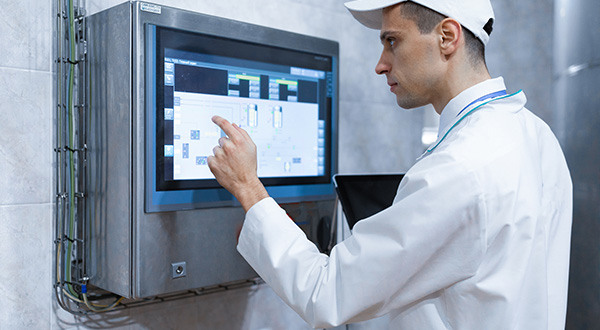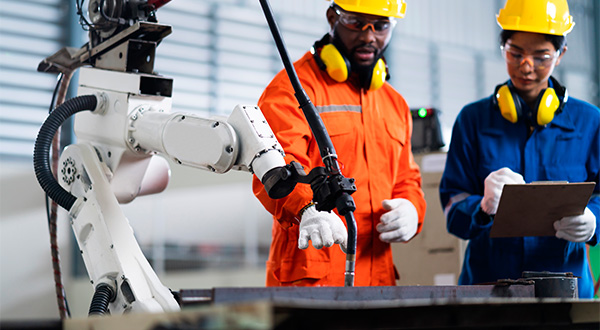IoT in factories: The emergence of smart factories
Introduction to IoT in factories
In the world of manufacturing, IoT has given rise to smart factories, which combine advanced technologies to create more efficient, productive, and sustainable production processes. Smart factories, and smart manufacturing are key contributors to the development of industry 4.0.
The evolution of factories: From traditional to smart
Traditional factories use manual labour and machines to produce goods, while smart factories use an interconnected and data-driven approach. By utilising IoT, smart factories can collect, analyse, and apply data from different sources to optimise production processes, enhance product quality, and decrease operational expenses.
Key components of smart factories
Smart factories are comprised of various necessary components that operate together to establish a smooth and productive manufacturing atmosphere. It is worthwhile to examine each of these components in detail.
Benefits of IoT in smart factories
Challenges & considerations in implementing IoT in factories
Future outlook of IoT in factories
The implementation of IoT in factories has the potential to bring significant changes to the manufacturing sector, resulting in more sustainable, efficient, and profitable operations. As technology advances, it is likely that smart factories will become the norm in manufacturing, promoting innovation and competitiveness in the global market.






